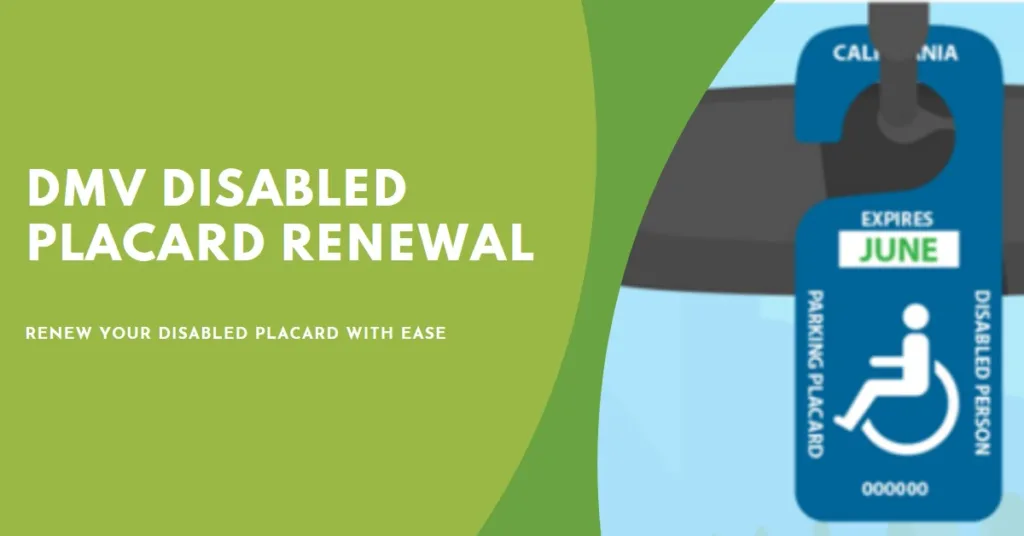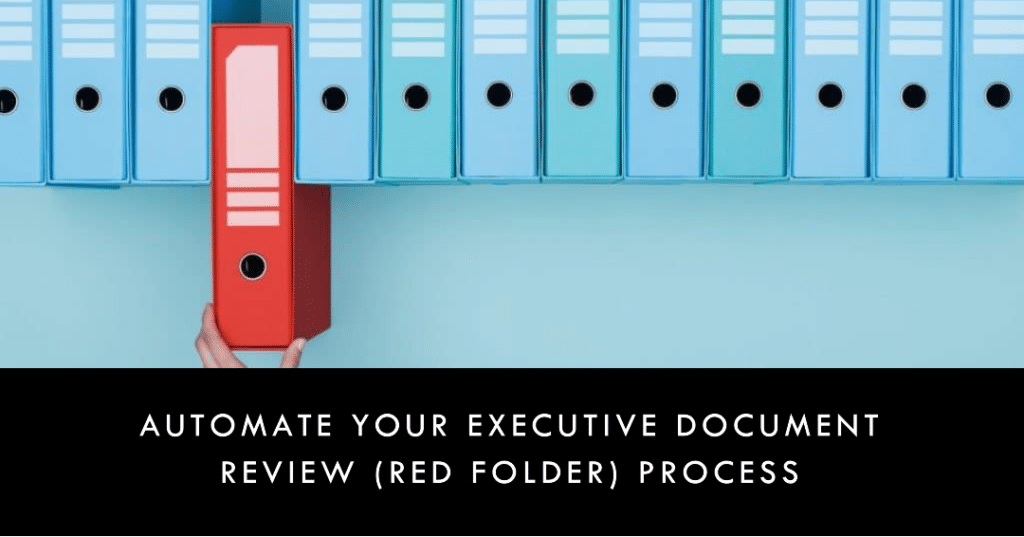GOVERNMENT FORMS AND WORKFLOW AUTOMATION USE CASES
See how SimpliGov helps state and local agencies automate internal and external-facing processes to ditch the paper, move faster, and serve constituents better.
Built for Government. Backed by Results.
Move Faster and
Cut Delays
By automating internal and external-facing processes, agencies eliminate bottlenecks and reduce approval times across permitting, HR, purchasing and more. They can serve better, faster and with less manual work.
Do More with the Team
You Have
No-code digital forms and self-service automation reduce the burden on staff. Teams can focus on mission-driven work instead of repetitive paperwork.
Confidence and Compliance, Built In
SimpliGov enforces process rules, provides audit trails, supports ADA and language access, and helps agencies stay compliant by default.
Browse by category:
- All
- Use Case
- HR
- Administrative
- Constituent Facing
- IT
- Case Management
- Featured
- Permits and Licensing
- State
- Local
- Legal
- Procurement
- Finance
Procurement Process Automation
Purchasing departments struggle to harmonize all of the systems, individuals, and data required to solicit ...
Project Proposals
With budgets under increasing public scrutiny, it behooves agencies to account for how spending decisions ...
Public Contractor Registrations and Renewals
It’s time for transportation, roads, public works, and other departments that vet construction, architectural, and ...
Request a Workflow Automation
Agencies have many manual workflows, and paper based forms that could potentially be upgraded to ...
Employee Resource Navigator
Agencies offer so many programs, it’s hard to distill them clearly on their sites. Constituents ...
Incident Reporting
Agency staff and subcontractors at convention centers, parks, arenas, schools, election halls, hospitals, special events, ...
Insurance Agency Credentials Submissions
Departments of insurance require the submission of forms around continuing education for insurance agents and ...
Automate Legal Decisions, Reviews and Responses
Agencies that see a high volume of similar types of litigation—such as social services, land ...
ADA Compliant Forms for Paratransit Program
Paratransit programs make a powerful impact on the lives of the people who depend on ...
E-Recruitment with Online Forms and Process Automation
HR departments must collect a trove of data and potentially involve several parties when they ...
DMV Disabled Placard Renewal
The process for renewing disabled placards can be confusing, time-consuming, and error-prone if it relies ...
Employee Travel Request Authorizations
Whether they are complying with sometimes-byzantine federal reimbursement policies or implementing several rules and exceptions ...
Executive Document Tracking and Reviews (Red Folder)
Executive review and approvals (a.k.a. “Red Folder” processes) are infamous for being lengthy, paper-based processes ...
Legal Residence Application
When processes for submitting basic legal residence information are manual and paper-based, municipalities wait longer ...
Continuous Case Management
Field workers waste valuable time reentering data recorded by hand in the field when back ...
Emergency Rental Assistance Program (ERAP)
Many agencies that come into ERAP funds struggle to build an end-to-end application process, from ...
Child Support Services
State and local agencies need visibility into the many child–support cases they handle each month. ...
Transportation Pass Applications
Mass transit authorities that want to provide public transportation passes often have very unique requirements—eligibility ...


















